Critical Essays Archive
“How Do You Make the Face for Yay?”
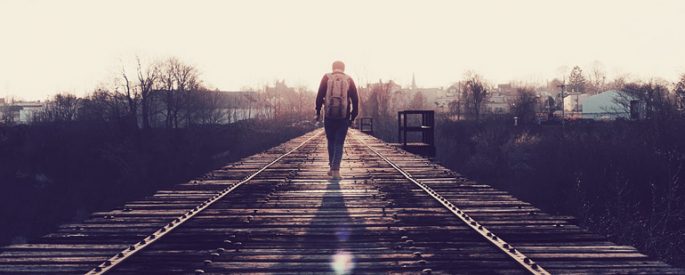
Traditional storytelling often minimizes the intersection between internal and external experiences, but graphic novels rely on this to fully tell the story. These narratives can show in words and pictures the complexity of disability and its various intersections: with visibility, with race, gender, sexuality.
George Saunders, Alice Munro, and the Opposite Poles of New Yorker Fiction

The New Yorker has published more than fifty short stories by Alice Munro and more than twenty by George Saunders. Munro first made the cut in 1977. Saunders began publishing short fiction in the magazine in 1992.
A Word for Blue

Across languages, cultures, and time, blue is humanity’s most novel color. As far back as we can track human words for colors and their appearance in art and artifact, black and white were first, then red, yellow, and green.
In Remembrance of Brian Doyle
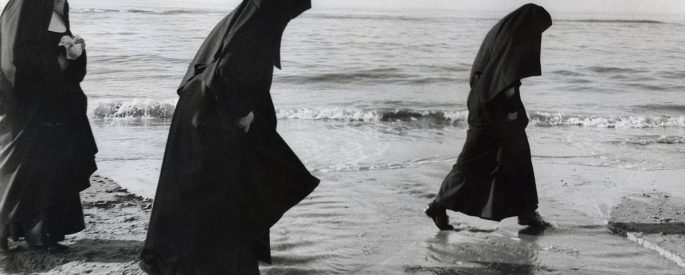
When the prolific author Brian Doyle passed away last month, American Letters lost not only a talented writer in Doyle, but also a waning parochial worldview.
The Poet and the News

More than ever, I seem to imbibe the news, allow it to become a part of me, choke my obsessive subconscious like invasive kudzu. No wonder then that I feel tempted to write about these events and their consequences.
Female Eroticism in The Wallcreeper and The Argonauts
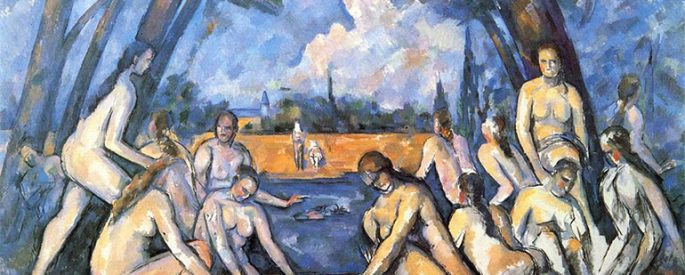
What’s missing in the literary world, especially when it comes to women, is a dialogue around anal sex.
Take a Turn for the Worse: How We Write About Ghosts and “Goneness”
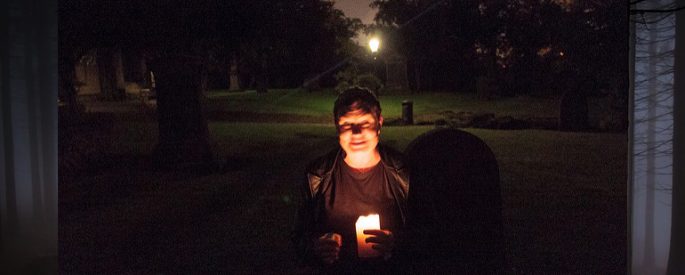
Every good ghost story has a volta, a point at which the narrative dramatically changes, and reality turns toward paranormal chaos. At least that’s what I’ve been telling myself.
A Poem to Face the End of the World: Adam Zagajewski’s “To Go to Lvov”
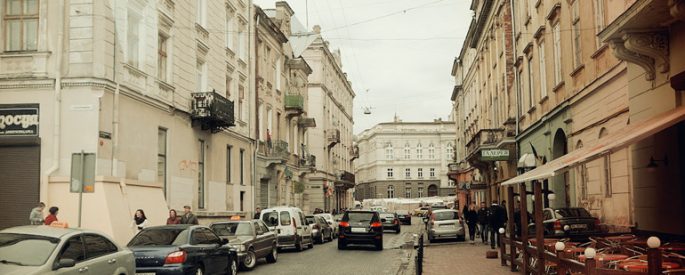
Adam Zagajewski's "To Go to Lvov" is an elegy for a world, a family, a time, that will never return, but is chronicled with such fevered longing, such attentive encapsulation, that it somehow lives on.
Do Readers Dream of Electric Futures?
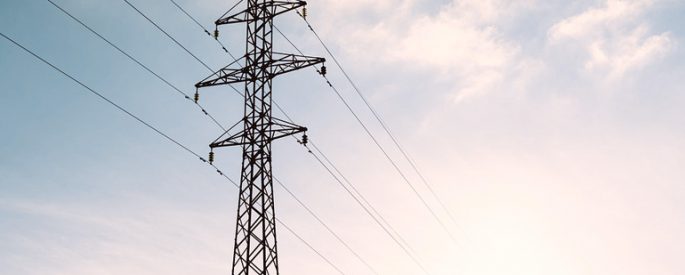
Why has Philip K. Dick, author of the novella Do Androids Dream of Electric Sheep?, continued to be read through the decades? Why has he continued to be a touchstone—with his stories and novels consistently being turned into films?
Examining Our American Disillusion With Alberto Fuguet
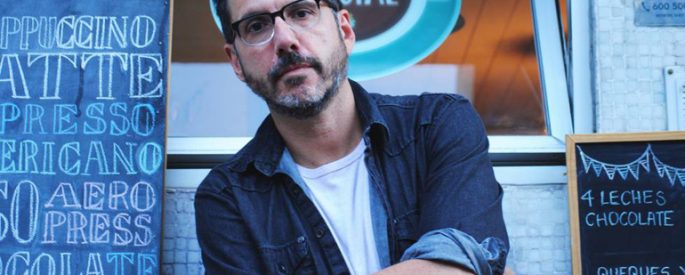
I’ve been thinking too much about reality entertainment lately. It was inevitable that I would find myself reading Alberto Fuguet’s The Movies of My Life this summer, and I’ve been wondering: how does a country cope with disillusion? Or rather, how does a person deal with its dissolution?